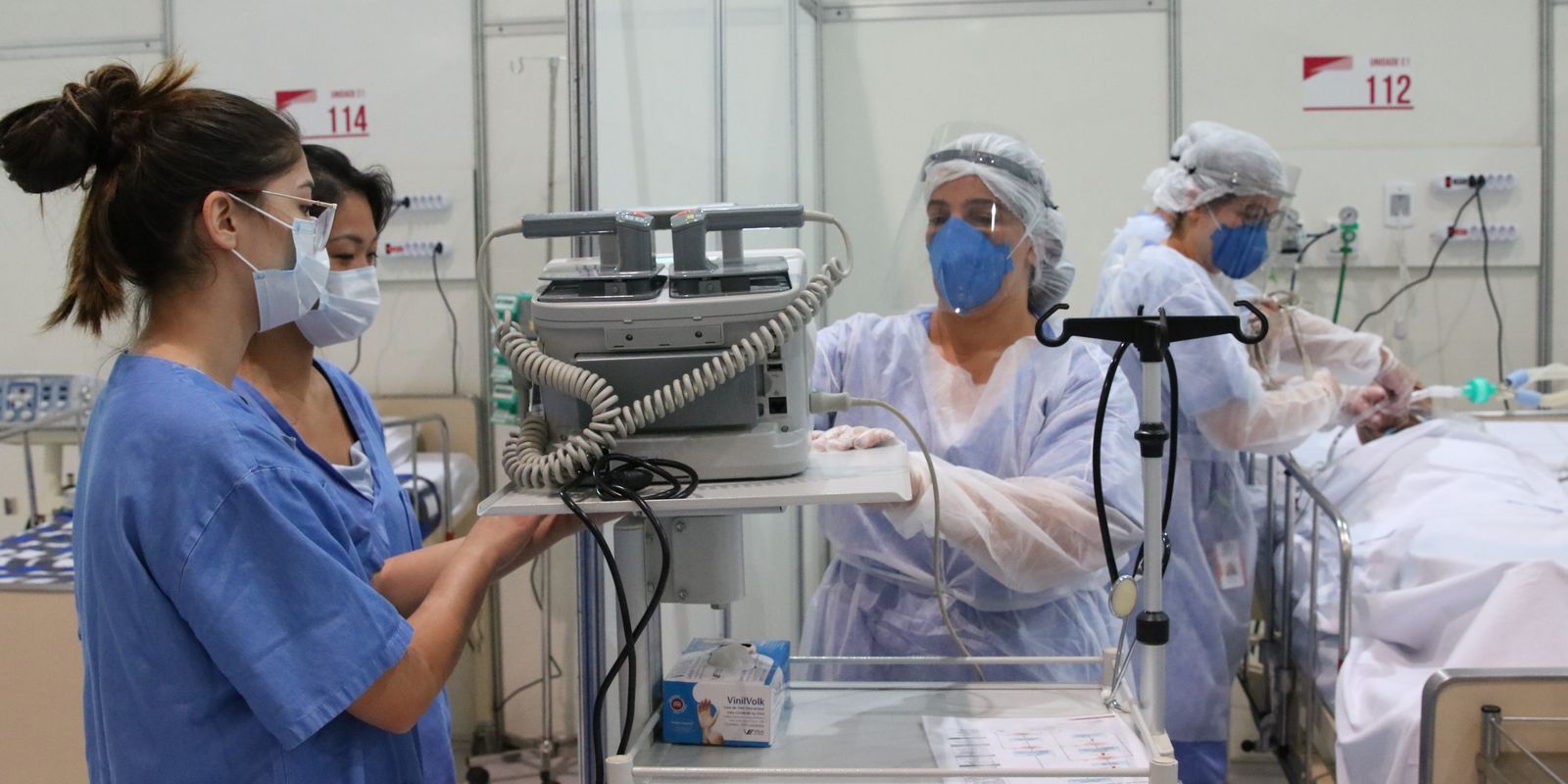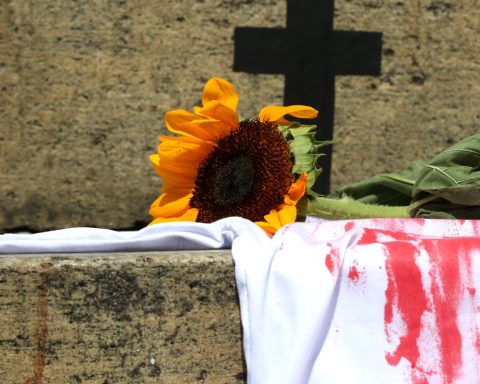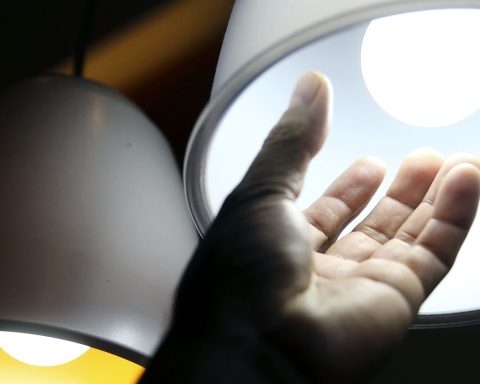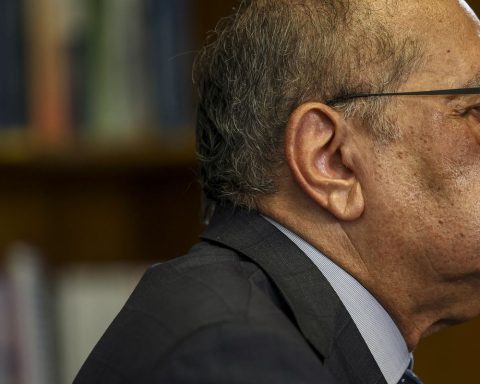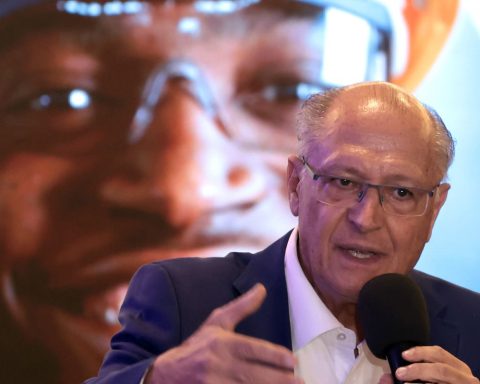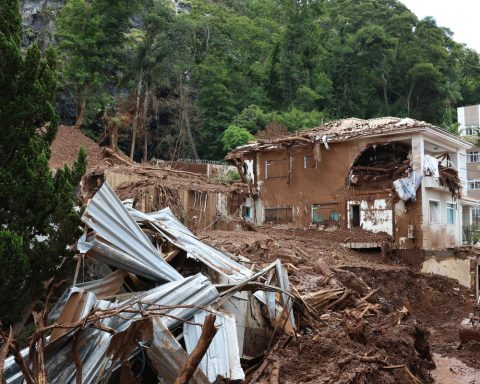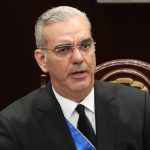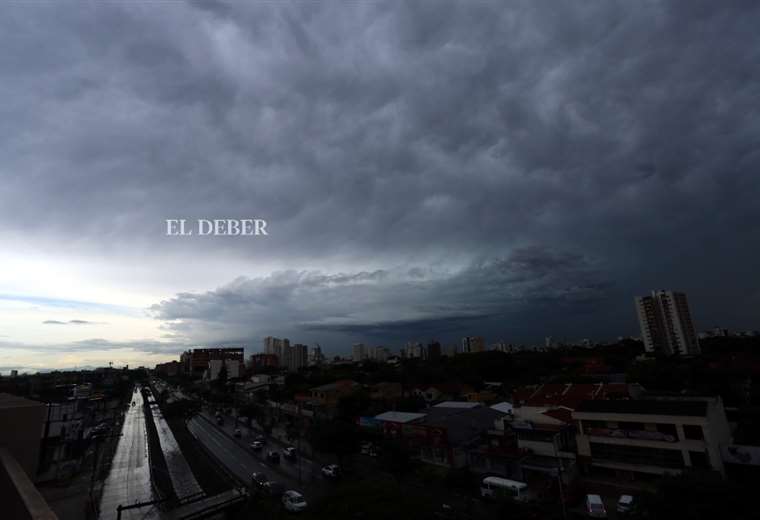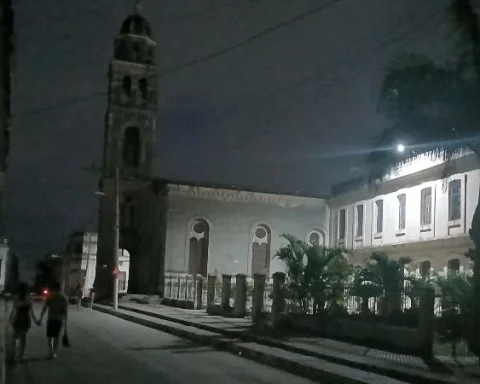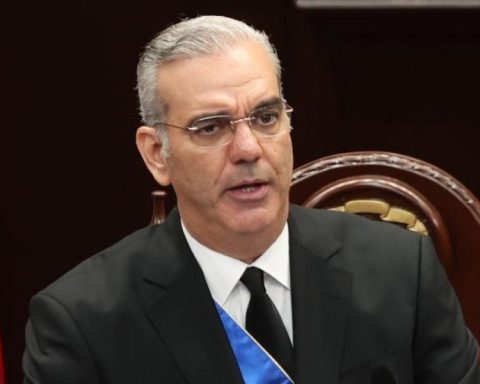

On February 26, 2020, Brazil registered the first case of covid-19 infection. The patient, a 61-year-old man, was admitted to Hospital Israelita Albert Einstein, in São Paulo, with a history of travel through Italy.
Since then, almost 700,000 Brazilians have died with a diagnosis of the disease. Among the deaths, 1,300 were medical and nursing professionals. The first waves of the disease had a strong impact on the physical, mental and emotional health of those who worked on the front lines of hospital emergencies.
At that time, cardiologist Ana Karyn Ehrenfried worked at Santa Casa de Curitiba and at the Emergency Care Unit (UPA) in the Fazendinha neighborhood, also in the capital of Paraná. The arrival of the virus in the country suspended plans for a doctorate in São Paulo and made the doctor assume a workload of up to 120 hours a week in various urgencies and emergencies, including intensive care units (ICU) exclusively for patients infected with the virus. virus.
Amid peak cases, hospitalizations and deaths, Ana Karyn even faced queues at an industrial material company in the city to get personal protective equipment (PPE), which was lacking in health units.
Church friends gathered to take masks to the doctor, who spent only two nights at home and added one shift to another. The cardiologist even considered leaving a suitcase with clothes in the car for fear of passing the disease on to the family.
“I have two daughters, but at the time I only had one, Manuela. She was young, but she already understood. My mother-in-law sent a message saying ‘Ana, please think about your family, your husband, your daughter. What will happen if you die? Get out of there’. When I chose medicine, it was because I wanted to make a difference in people’s lives. I knew it was there and could save lives. I told my daughter that if something happened, I wanted her to be proud of me for being there and not having chickened out.”
Three years after the identification of the first case, the reception of people infected with covid-19 in Brazil takes place amidst a scenario of less uncertainty and many lessons for the public and private health systems.
>>> Click here and check out all the news from Agência Brasil about the three years of the covid-19 pandemic
In addition to the downward trend in virus transmission, vaccination of practically all age groups has paved the way for fewer serious cases, hospitalizations and deaths. But the physical and mental exhaustion of doctors and nurses left sequelae.
“Whoever was inside the hospital will never be the same person again. It’s impossible. People who entered the ICU often would not leave. You, as a doctor, were the last person they would see. I remember some patients that I would need to intubate and tell them to remember the people they loved. If something happened and they didn’t come back, the last sentence they heard was that someone loved them. To this day it brings tears to my eyes just thinking about it happening so many times.”
“We doctors have an facility, in quotes, to face death because it is something with which we live more closely. But that’s not what we’re doctors for. On the contrary, it is to bring life, to bring healing. During covid, we did everything in our power and, even so, patients died. It was an emotional charge that has no explanation. We have reached the end of emotionally drained transmission peaks. We wanted to see life and not death. Those who lived will never be the same again.”
Exhaustion
A study by the Federal University of São Carlos pointed to the intense presence of exhaustion and stress among health professionals across the country, in addition to poor sleep quality, depressive symptoms and body aches. 125 professionals from the public network were heard, who answered questionnaires online throughout 2021 and 2022. The results show that 86% of them suffer from burnout, an emotional disorder with symptoms of extreme exhaustion, stress and physical exhaustion resulting from stressful work situations.
According to the survey, 75% of respondents negatively evaluated the emotional demands linked to work, 61% criticized the pace of service and 47% disapproved of its unpredictability. Data related to offensive behavior also drew the attention of the study coordinators: 15% of professionals reported being affected by unwanted sexual attention, 26% were threatened, 9% actually suffered physical violence and 17% reported bullying.
At 40 years old and with two daughters, Ana celebrates the change in direction brought about by the arrival of the vaccine. ′′ The story of covid totally changed after the vaccine. But, as a doctor and health professional, I see that the consequences, the emotional and physical consequences are still long and it will take a long time for us to recover. It’s been three years, but it feels like much longer. Their lives were marked both in the professional area and in patient care. Thank God, we are here to write a new story after covid.”
Doctors
The country currently has 546 thousand active doctors, a ratio of 2.56 professionals per thousand inhabitants. Data from the Demografia Médica no Brasil 2023 platform show that men represent 51% of this contingent.
The general average age of these professionals is 44.9 years and most remain concentrated in the South and Southeast, in capitals and large municipalities.
In the 49 Brazilian cities with more than 500 thousand inhabitants and which together concentrate 32% of the Brazilian population, there are just over 8% of active doctors.
nurses
The Federal Council of Nursing has 1.8 million professionals, including nurses (23%), technicians and nursing assistants (77%). Of this contingent, 1.5 million are women, which represents 85% of the total.
Most of these professionals are between 26 and 50 years old and live in the Southeast Region (49%). Still according to the Profile of Nursing in Brazil, 42% of these professionals are white, 41% are brown and almost 37.7% have other health professionals in the family.
